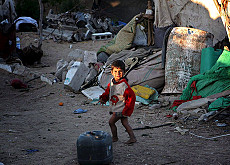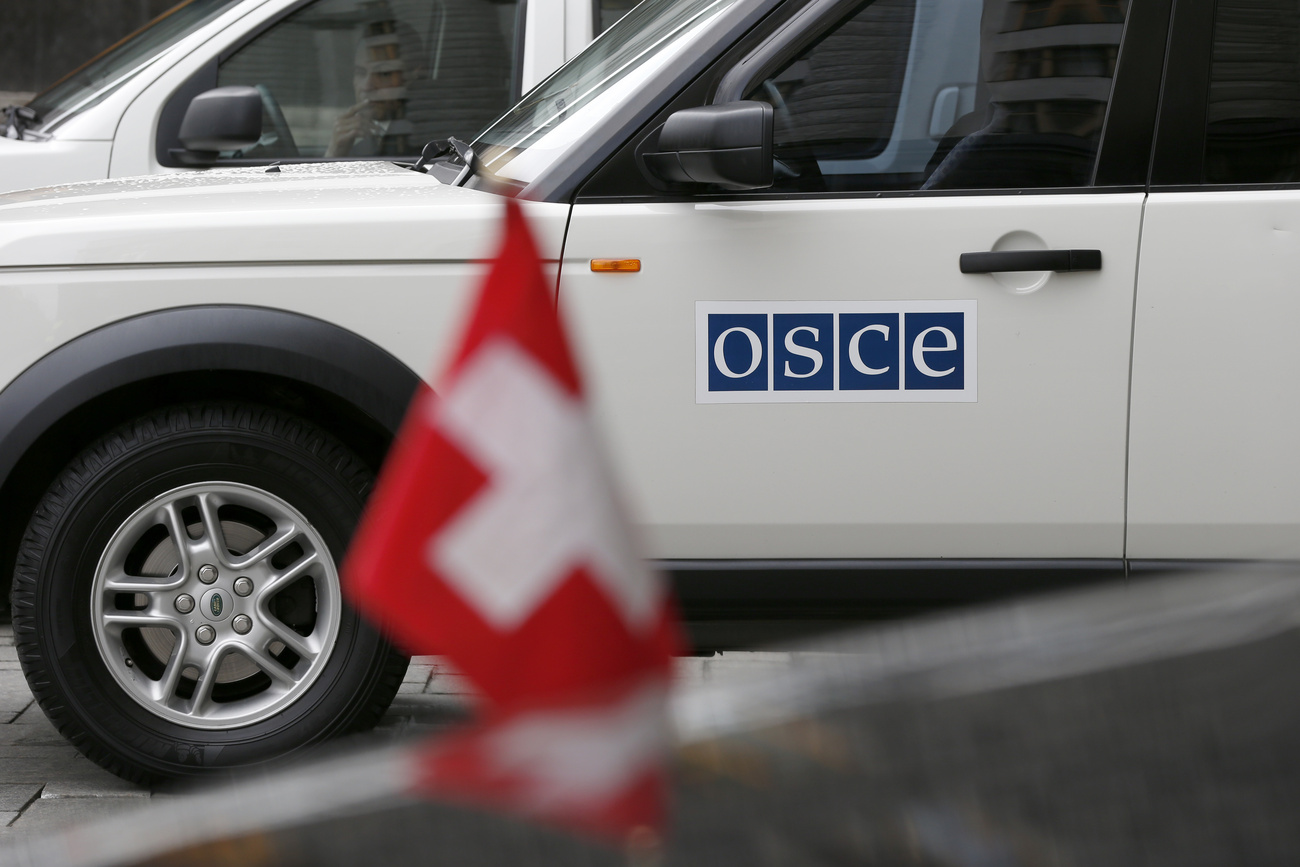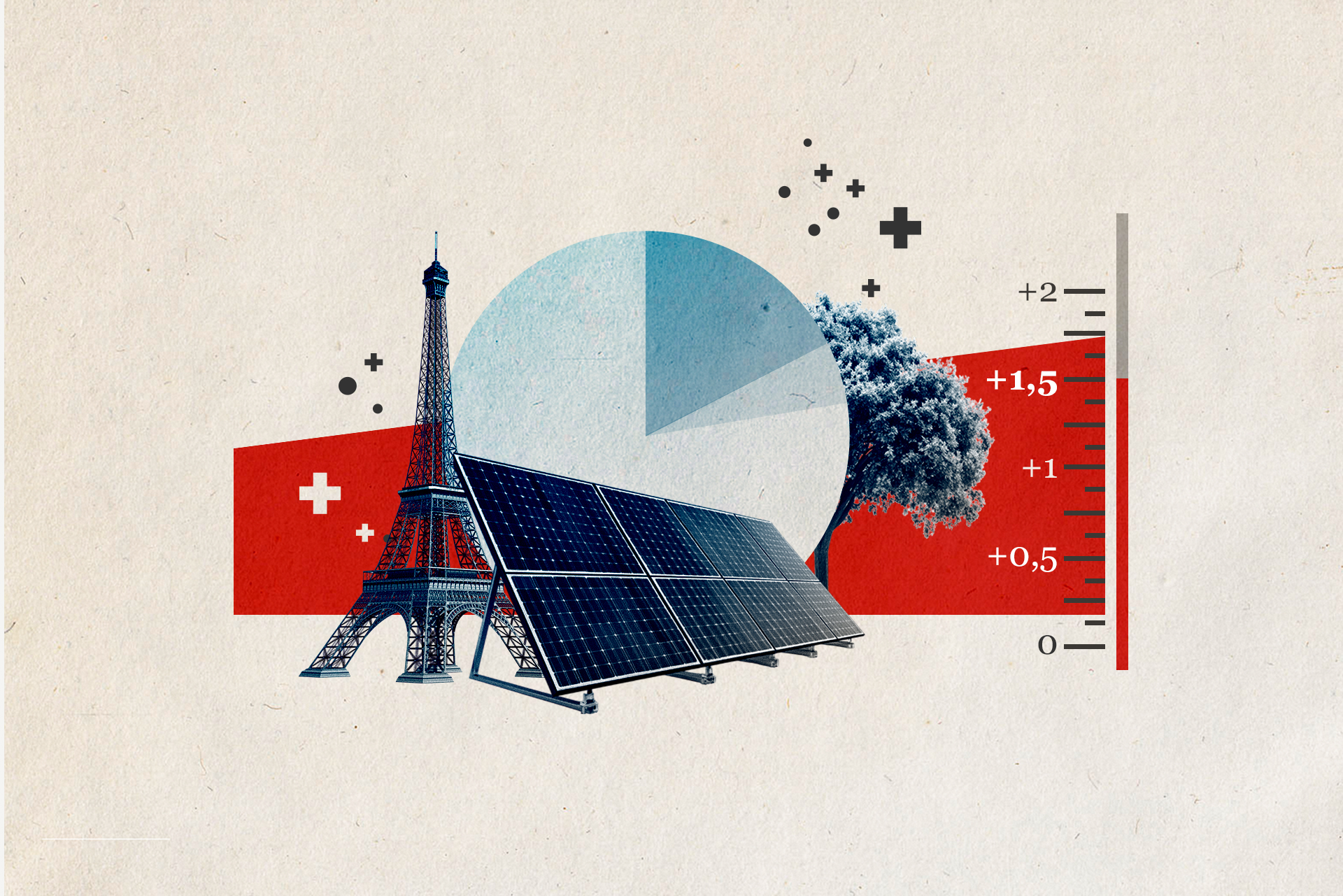
Palestinians face “crucial period”

The top Swiss aid official in the occupied territories says that although a new government has given the population hope, the humanitarian crisis continues.
Mario Carera, head of the Swiss Agency for Development and Cooperation (SDC) for Gaza and the West Bank, says Palestinians are going through a “crucial period” following the formation of a unity government and ahead of talks between Israeli and Palestinian leaders.
“It’s a real turning point,” Carera told a Swiss news agency on Friday, saying everything depends now on the policies of the Israeli and Palestinian governments and the international community.
The planned dialogue on Sunday between Israeli Prime Minister Ehud Olmert and Palestinian President Mahmoud Abbas was also of great importance, he said.
“If there are no improvements, the chaos and violence will pick up again.”
Sunday’s negotiations, which will focus on the legal, economic and governmental structures of a future Palestinian state, follow the creation in February of a coalition unity government between the Islamist Hamas group and the moderate Fatah party.
Israel however has rejected the new government because its platform does not explicitly recognise the Jewish state’s right to exist.
Carera said the creation of a unity government had given the Palestinian population “real hope”, but he added that the humanitarian crisis remained acute.
“About two-thirds of the population – certainly in Gaza – depend on humanitarian aid,” he said, adding that the main difficulty remained access and mobility within the West Bank as well as between the Gaza Strip and Israel.
There are some 500 military checkpoints within the West Bank, at which Palestinians often have to wait for hours, even if they just want to go to a market or visit a relation.
Carera is not optimistic. “I see no improvement in the short term – the [Israeli West Bank barrier] is still being built and almost reaches Jerusalem. Access to the city is very complicated for Palestinians.”
Swiss support
Carera says Swiss aid has not been affected by the creation of the unity government because Bern – unlike the United States and the EU – did not suspend aid for the Palestinian population when Hamas won parliamentary elections in 2006.
Indeed he hopes that aid coordination will improve now the various ministries are beginning to function.
On Friday Oxfam, a British-based aid charity, said the EU should urgently resume assistance to the Palestinian unity government because spiralling poverty caused by the international financial embargo is threatening to turn it into a failed state.
It said the yearlong boycott of a Palestinian government run by the Islamist Hamas group, combined with Israel’s refusal to transfer tax and customs revenues, had fomented tensions that threatened to overwhelm the coalition government.
“The number of Palestinian people living in poverty has jumped by 30 per cent, essential services are facing meltdown and previously unknown levels of factional violence plague Palestinian streets,” the organisation said.
Earlier in the week a report by the Palestinian Central Bureau of Statistics found that about ten per cent of Palestinian children suffer permanent effects from malnutrition, including stunted growth.
swissinfo with agencies

More
Swiss Agency for Development and Cooperation (SDC)
In 2006, the SDC’s budget for the occupied territories was around SFr30 million ($25 million), up 30 per cent on 2005. For 2007, Swiss aid for the region is budgeted at SFr20.8 million.
Almost 4,000 people have been killed (around 1,000 Israelis and 3,000 Palestinians) since the beginning of the intifada in 2000.
Nearly 50% of the population lives in poverty. The gross national product per inhabitant is $1,307.
Key donors, including the United States and the EU, suspended direct aid to Gaza and the West Bank in April 2006 after Hamas won parliamentary elections. Israel also blocked transfers of funds to the Palestinian government because of Hamas’s refusal to recognise the Jewish state, renounce violence and respect past political agreements.
Three months later, the EU established the so-called Temporary International Mechanism, which bypassed the government and paid hundreds of millions of euros in aid directly to needy Palestinians.
The Quartet of Middle East peace negotiators – the United States, Russia, the EU and the United Nations – is to meet soon to consider relaxing the boycott despite Hamas’s continuing refusal to recognise Israel. EU officials said on April 12 they expect the group’s foreign ministers to meet in May, possibly in Egypt.
Although Washington still opposes direct payments to the Palestinian Authority unless Hamas explicitly accepts international conditions, Russia, France and several other EU members want to resume transfers. Norway, which is not an EU member, has already agreed to resume this assistance.

In compliance with the JTI standards
More: SWI swissinfo.ch certified by the Journalism Trust Initiative




























You can find an overview of ongoing debates with our journalists here . Please join us!
If you want to start a conversation about a topic raised in this article or want to report factual errors, email us at english@swissinfo.ch.